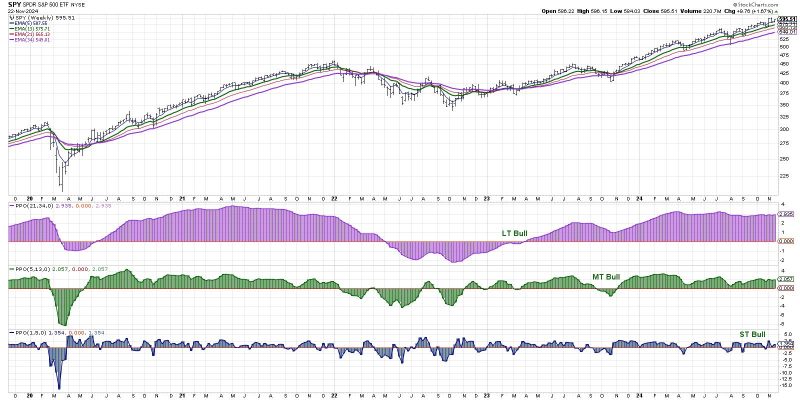The year 2024 is quickly shaping up to mirror the tumultuous events of 2021. As we reflect on the challenges that arose that year, it becomes apparent that history may be repeating itself in unexpected ways. The global landscape is once again fraught with uncertainty, and a series of events have unfolded that bear a striking resemblance to those of 2021. From political turmoil to environmental disasters, the echoes of the past are impossible to ignore.
In 2021, the world witnessed a wave of political unrest and division that left many nations on edge. Fast forward to 2024, and we are once again grappling with similar issues. The rise of populist movements, coupled with authoritarian tendencies in certain parts of the world, has created a sense of unease among citizens and leaders alike. Just as in 2021, the delicate balance of power is being tested, and the specter of conflict looms large on the horizon.
Furthermore, the effects of climate change continue to be felt acutely around the globe. In 2021, devastating natural disasters highlighted the urgent need for action to mitigate the impact of environmental degradation. Three years later, we find ourselves facing an even greater threat as extreme weather events become more frequent and destructive. From wildfires to hurricanes, the planet is sending us a clear message that we must act decisively to protect our future.
Economically, the parallels between 2021 and 2024 are also striking. The precarious balance of the global economy is once again at risk, as inflation rates soar and supply chain disruptions create widespread uncertainty. Just as in 2021, businesses are grappling with the challenges of an unpredictable market, forcing them to adapt quickly or risk being left behind. The lessons of the past are clear – resilience and flexibility are key to weathering the storms of economic instability.
On the cultural front, 2024 is shaping up to be a year of reckoning. The events of 2021 sparked important conversations about social justice and equity, leading to calls for systemic change in various sectors. Today, those conversations have evolved into concrete action, as movements for equality and inclusivity gain momentum around the world. The echoes of the past are loud and clear, challenging us to confront the issues that have long plagued our societies and work towards a more just and equitable future.
In conclusion, the similarities between 2021 and 2024 serve as a stark reminder of the cyclical nature of history. As we navigate the challenges of the present, it is imperative that we heed the lessons of the past and approach the future with vigilance and determination. Only by learning from our mistakes and working together towards a common goal can we hope to create a brighter tomorrow for generations to come.

